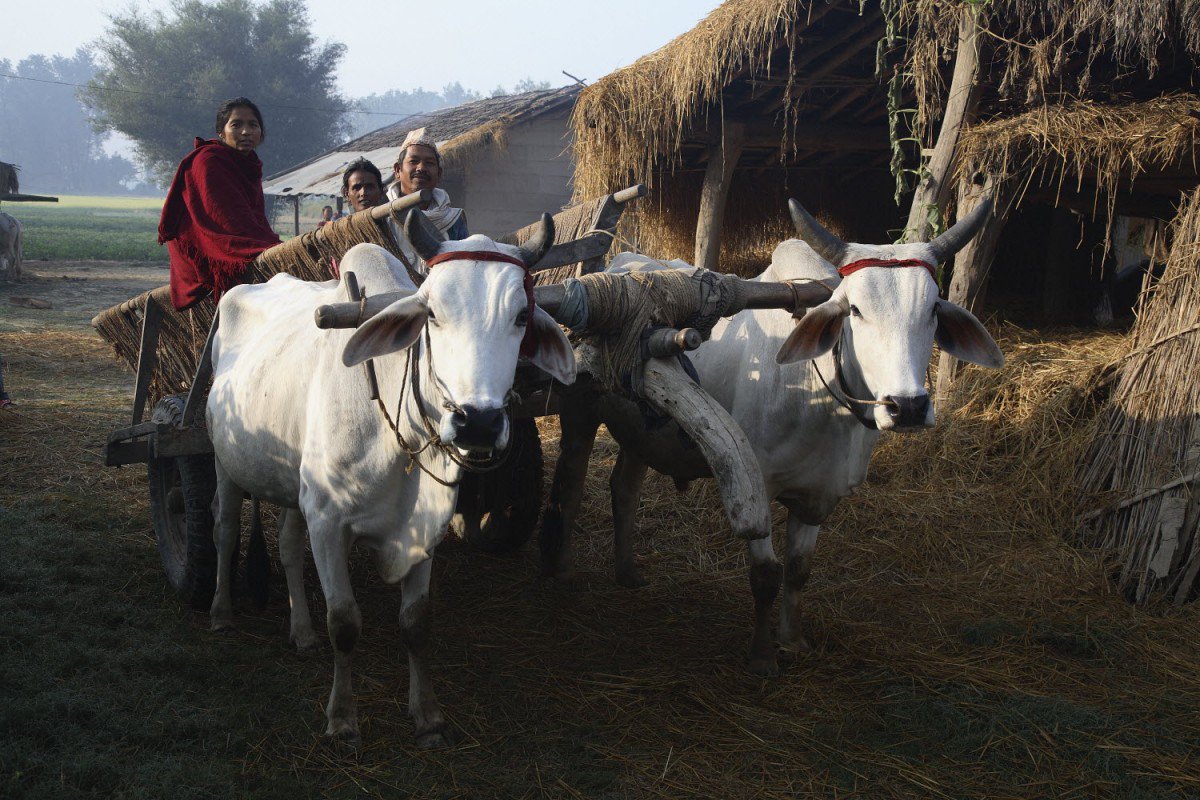Intersectional approaches recognise that ‘people have different identities, needs, priorities and capacities [that ...] shift and change over time – affecting their ability to prepare for, cope with and respond to natural hazards and climate variability’.
Building on the scoping study ‘Intersectional approaches to vulnerability reduction and resilience-building’, this paper aims, through a gender lens, to better understand the different factors that influence people’s vulnerabilities and resilience to natural hazards and climate change/variability. Working with case studies from Nepal and Kenya, under the Building Resilience and Adaptation to Climate Extremes and Disasters (BRACED) programme, the research tests an innovative methodology to compare people’s resilience by disaggregating different variables.
This package of research aims to inform institutional policy and operational practice around intersectional approaches to vulnerability reduction and resilience-building.

